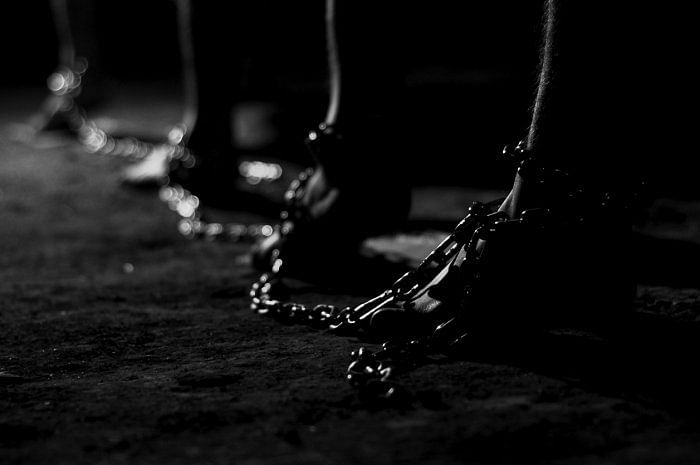
It sounded like a good job: picking grapes at a vineyard in southern Brazil.
It was only when workers were awakened with electrical shocks, beaten and threatened with death that they realized they had been recruited into the nightmare of modern-day slavery.
One hundred thirty-five years after Brazil became the last country in the Americas to abolish slavery, in 1888, stories like this are disturbingly common -- and have been growing more so.
"There are more and more people in Brazil working in conditions resembling slavery," says Italvar Medina, a prosecutor on the national anti-slave labour task force, CONAETE.
The number of workers freed from slave-like conditions in Brazil has more than doubled in two years, from 936 in 2020 to 2,075 in 2022, official statistics show.
Last year's figure was the highest since 2013 when there were 2,808.
And the trend appears to continue: late last month, Brazilians were shocked by the news of a police operation that freed 207 people from slave-like conditions at three vineyards in the seemingly idyllic southern region of Bento Goncalves, in the state of Rio Grande do Sul, a picturesque area known for its sparkling wines.
The government said the vineyard workers had been recruited 3,000 kilometres (more than 1,850 miles) away, in the northeastern state of Bahia -- home to the largest black population in Brazil.
Authorities were alerted after a group of them escaped. They told harrowing stories of supervisors using electrical shocks to wake them at dawn and beating them with clubs and broomsticks.
"The only good Bahian is a dead Bahian," workers remembered being told.
Forced to sleep in an overcrowded shed, the workers were served food that had been left to rot in the sun, they said.
To avoid starving, they had to buy additional food from the farm store at exorbitant prices, forcing them into debt that their employers then used to justify not paying their wages.
The vineyards involved said they repudiated the use of slave labour, and blamed the company that recruited the workers.
"This isn't an isolated case. It's the product of an economic model that kills," says Andrei Thomaz Oss-Emer of the Pastoral Land Commission (CPT), a Catholic organization that fights for rural workers' rights.
"A lot of companies in the food and beverage sector use this hiring model, where they bring in third-party firms that employ workers in demeaning conditions, to the point that it is essentially slavery," he told AFP.
The vineyard case should "set off alarm bells," says Mauricio Krepsky, coordinator of the Brazilian labour ministry's anti-slave labour team.
"It shows these violations can happen in any sector, even ones without a past history of such severe cases," such as the wine industry, he says.
Accusations of slave-labour conditions often centre on Brazil's powerful agribusiness industry, especially sugar cane and coffee plantations.
But there have also been cases in urban settings, including the garment industry, the construction sector and domestic workers.
The problem is tied to "structural racism," says Krepsky: The workers involved are nearly always black.
"This isn't just about employers trying to maximize profits. They really believe some people deserve to be treated as second-class workers because of their skin colour," he says.
Medina, the prosecutor, sees the problem as cultural: the "devaluing" of manual labour in Brazil.
"We need to raise awareness that people can report cases like this," he says.
"Then there's the challenge of following up with rescued workers. Once they are removed from these situations, they need ongoing support, including psychological counselling, to help them re-enter the legal workforce and avoid being exploited again."
But government resources are badly lacking. Brazil has not hired new labour inspectors since 2013.
"We have less than 2,000 inspectors for a country of 215 million people. It's not nearly enough," says Krepsky.
"It's highly likely some employers use these practices out of a sense of impunity."